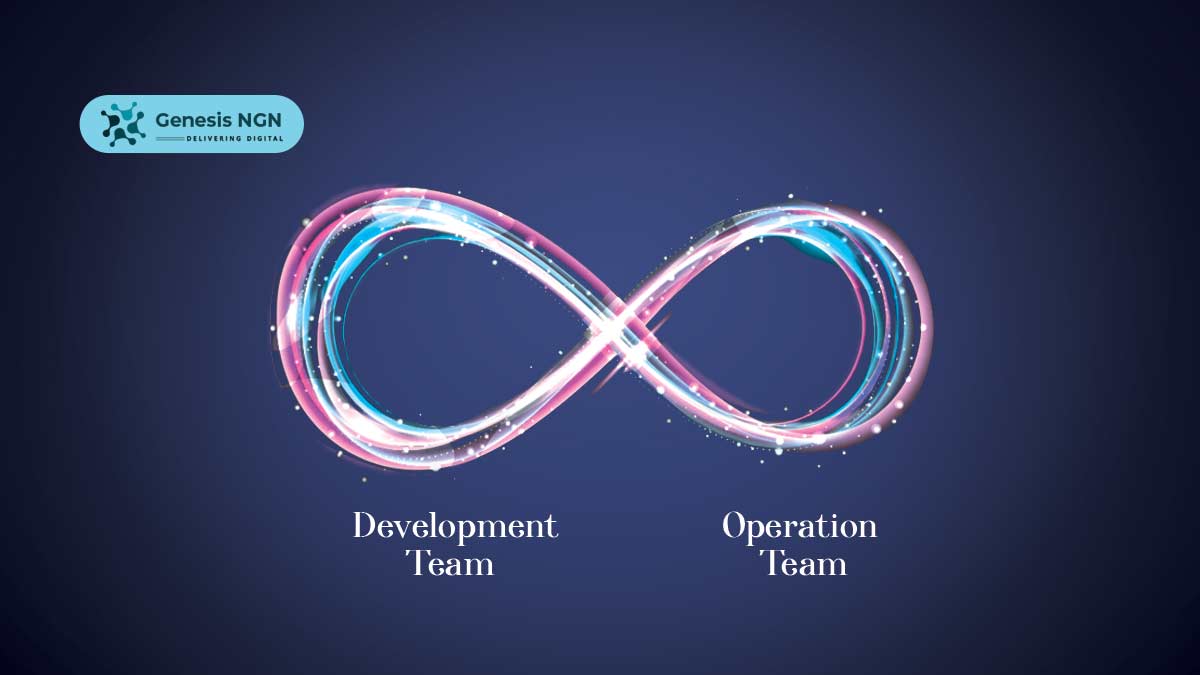DevOps is really popular these days and an absolute need of every organization. It is the latest buzzword in the IT industry and it will remain that way until every organization out there adopts it. So, the first and foremost thing we need to understand is what DevOps is.
There are several definitions of DevOps. Some say that DevOps is a tool. Some believe that it is a software. Interestingly, some are of the opinion that it is a programming language that you can learn and call yourself as a DevOps engineer. However, these definitions may not really give you the exact idea of what DevOps is.
So, if DevOps is not exactly a technology, a tool or a programming language, then what really is DevOps? Let’s have a closer look.
Decoding the real definition of DevOps
Simply put, DevOps is a combination of two words: development and operations. DevOps is a philosophy that motivates a mindset of the way you take your product, app or website. For example, you want to design a website, a product, or an app that is to be used by millions of people. This entire process has a variety of ways that you can go about and DevOps is one of these ways.
DevOps is one of the working ways to produce things from the development side into the production stage. So, DevOps is a concept that is used in the application lifecycle and management lifecycle to make sure that the development team, as well as your operation team that handles all those amazing stuff, are relaxed. DevOps is a way of working in sync with both the development and operation team so that whatever the product or feature the development team wants to give to their end-user, the operation team can do that smoothly.
How DevOps Helps?
Now that we understand what DevOps is, let’s see how DevOps can solve big problems in your organization.
When developing an application, there are numerous phases of its development. If it’s a small application or website, then it’s all good and happy because you are ultimately managing everything. You just design a website, put it on the servers, cloud, and the features are very next day available to the entire world for use. But these things change when you are developing a big scale application like YouTube, Uber, Amazon, eBay, etc. When these applications or websites are being done, a variety of teams manage different parts or different architectures. Usually, there are two teams. The development team includes a team that develops new features, tests them, and transfers them to the operation team, which manages all the server configuration.
This may lead to certain problems like whether the developer team initiates the next update or feature, it wants to roll out next, and send it to the operations team. Usually, developer teams think that the operation team is just sitting around, and whenever they send up these updates, they’re going to just deploy them immediately. But this doesn’t actually happen.
The operation team is also busy managing and checking a variety of things including scalability, tracking traffic and security checks. In a big application, these deployments happen in a month or two times a month. And only those two times you can publish any code to the production level, which sometimes puts the development team into the frustration that the operation team is not putting everything into the production.
Finally, when the boss asks for the update, the blame game begins.
The development team says that it has given the application or the new feature to the operation team, but they haven’t deployed yet. The operation team says the update was given after the releasing cycle. So it’s only going to go up next month.
This creates a lag but the user doesn’t care what’s happening and what kind of fight you’re having in your team. Users just want the new feature as soon as possible. Otherwise, the competitor will release it faster than you do.
This exact problem is solved by a mindset of philosophy used in the DevOps. In the DevOps, the development team doesn’t sit in a completely different arena. They sit together with the operation team, they discuss everything side by side and sometimes even exchange the roles and responsibilities so that every person knows what’s happening in the operation. And the operation team knows how things actually work on the development side as well.
The philosophy that everybody knows about everything, what’s happening in the development, and what’s happening at the operation sites is DevOps.
Conclusion
DevOps is amazing and can solve problems at the development and operation levels. Interestingly, the logo of the DevOps is an infinite cycle, because application development is an infinite process, and includes a variety of steps.
Hope this gets you started on your journey towards DevOps!!

